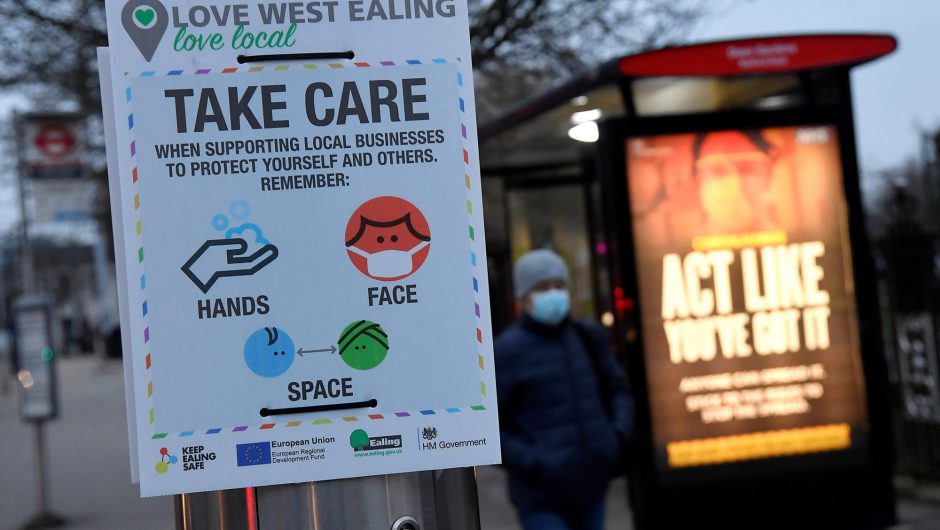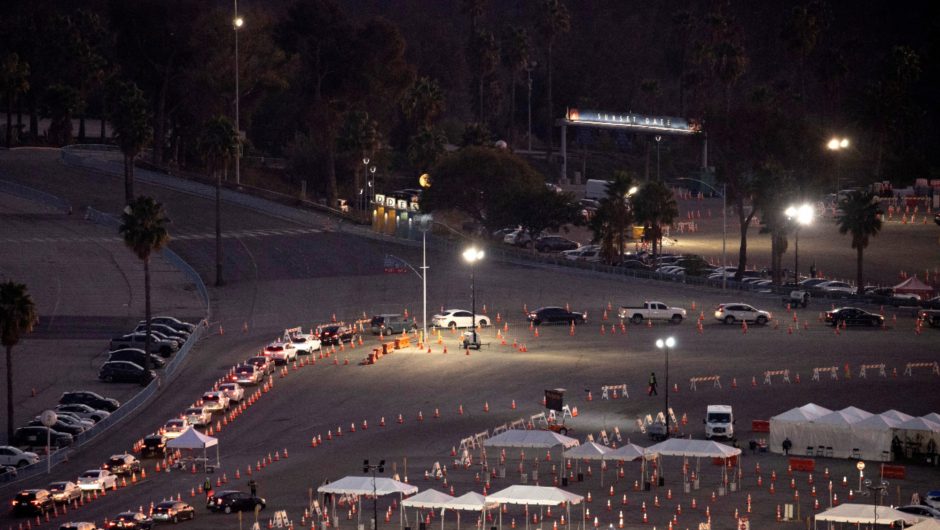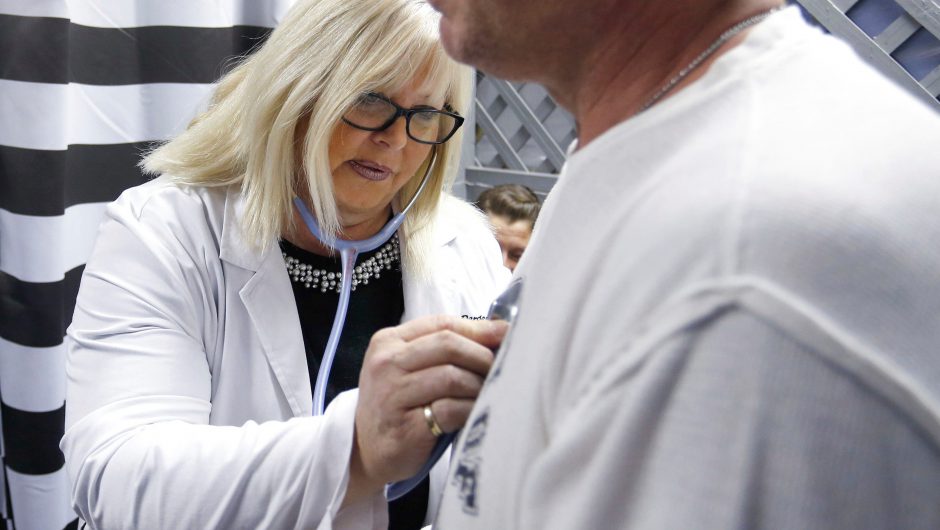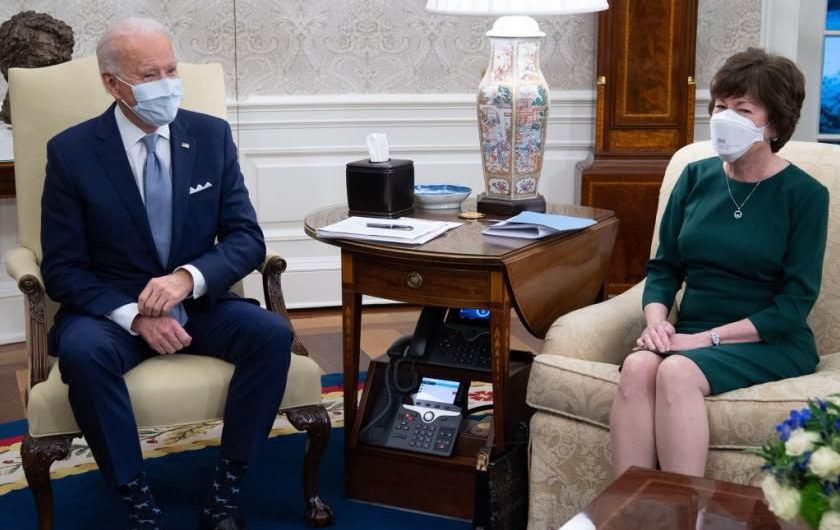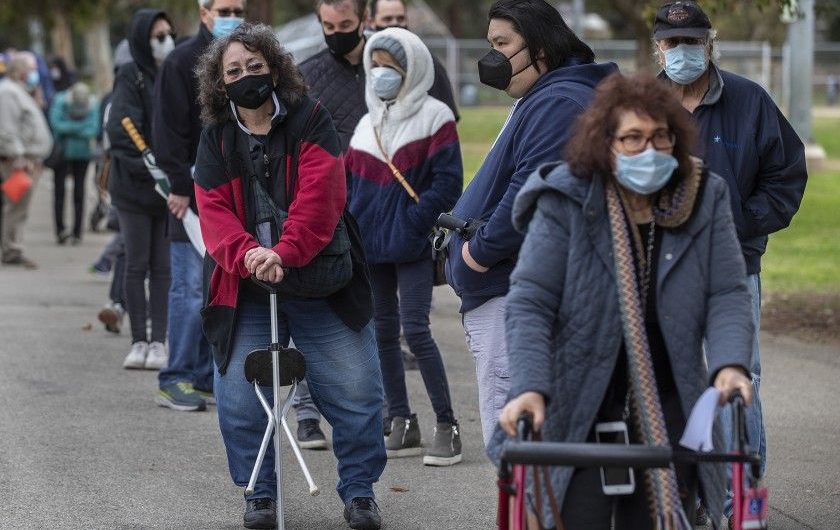[ad_1]
Nearly 70 veterans have died of the coronavirus in a Massachusetts veterans care home — the deadliest known outbreak at a long-term care facility in the US.
So far 68 of the aging residents who recently died at the state-run Holyoke Soldiers’ Home have tested positive for COVID-19, with at least one other death potentially linked to the contagion, officials say.
Another 82 residents and 81 employees have tested positive — with a new death coming almost every day, according to the Boston Globe.
“It’s horrific,” said Edward Lapointe, whose father-in-law lives at the home and had a mild case of the virus. “These guys never had a chance.”
The first veteran died of the disease in late March, when there were 226 residents living at the eldercare facility, the Globe said — making the death toll 30 percent.
The crisis has been “mostly contained,” nurse Joan Miller said — but only because so few residents remain, with just 106 veterans there as of Monday.
The death toll at the home appears to be the largest at a long-term care facility in the United States, experts told the Associated Press.
Cleaners unwrap their protective gear as they leave the Soldiers’ Home in Holyoke, Mass.Jessica Rinaldi/The Boston Globe
Gov. Charlie Baker has hired an outside attorney to investigate, while Massachusetts Attorney General Maura Healey is also looking into “what went wrong at this facility and determine if legal action is warranted.”
The US Attorney’s Office in Massachusetts and the Department of Justice’s Civil Rights Division are also looking into whether the home violated residents’ rights by failing to provide them proper medical care.
Nurse Miller blamed the spread on staffing problems that have plagued the home for years. Workers were forced to cover shifts in different areas, taking germs with them — and at least one unit was shut with not enough staff to operate it.
“Veterans were on top of each other,” she said. “We didn’t know who was positive and who was negative and then they grouped people together and that really exacerbated it even more.
“That’s when it really blew up,” she said.
The home’s superintendent, Bennett Walsh, said earlier this month that state officials knew the home was in “crisis mode” over staffing shortages.
He has since been placed on administrative leave, but has defended his response and accused state officials of falsely claiming they were unaware of the scope of the problem.
The case is “symbolic of how unprepared many nursing facilities have been,” warned Dr. Michael Wasserman, president of the California Association of Long Term Care Medicine.
With Post wires
[ad_2]
Source link



